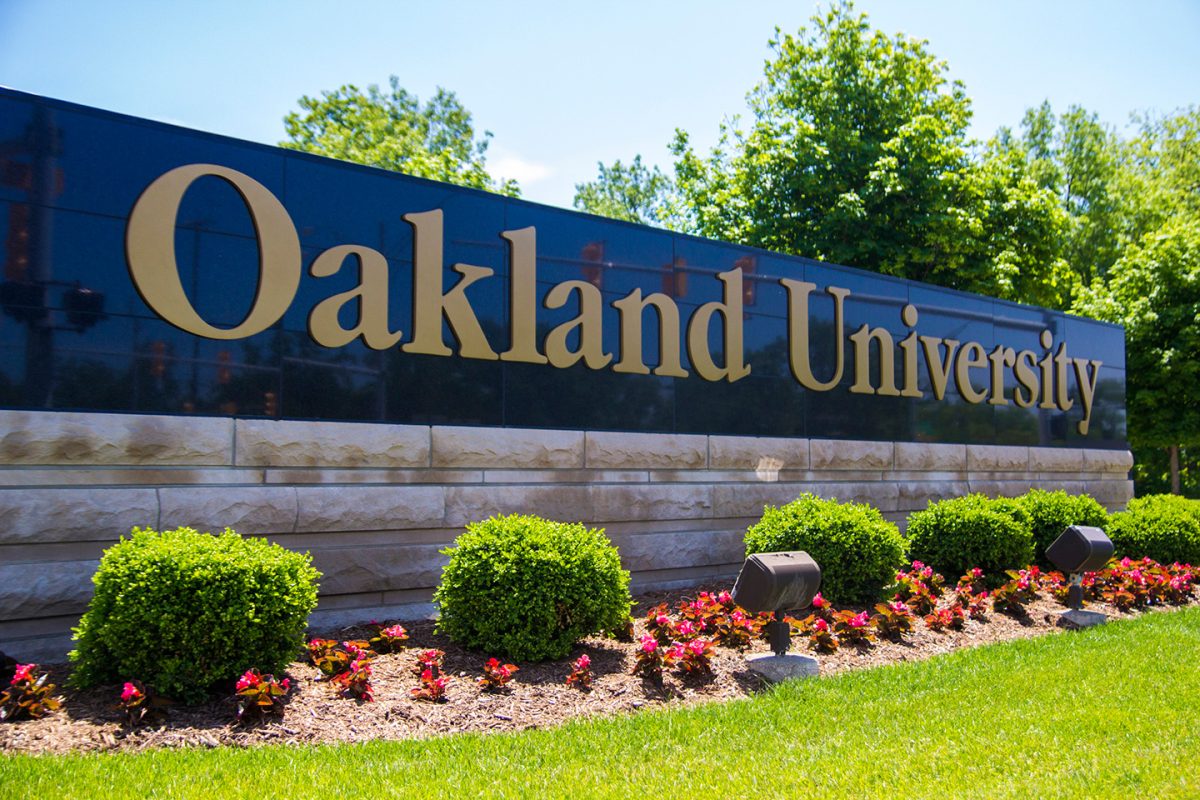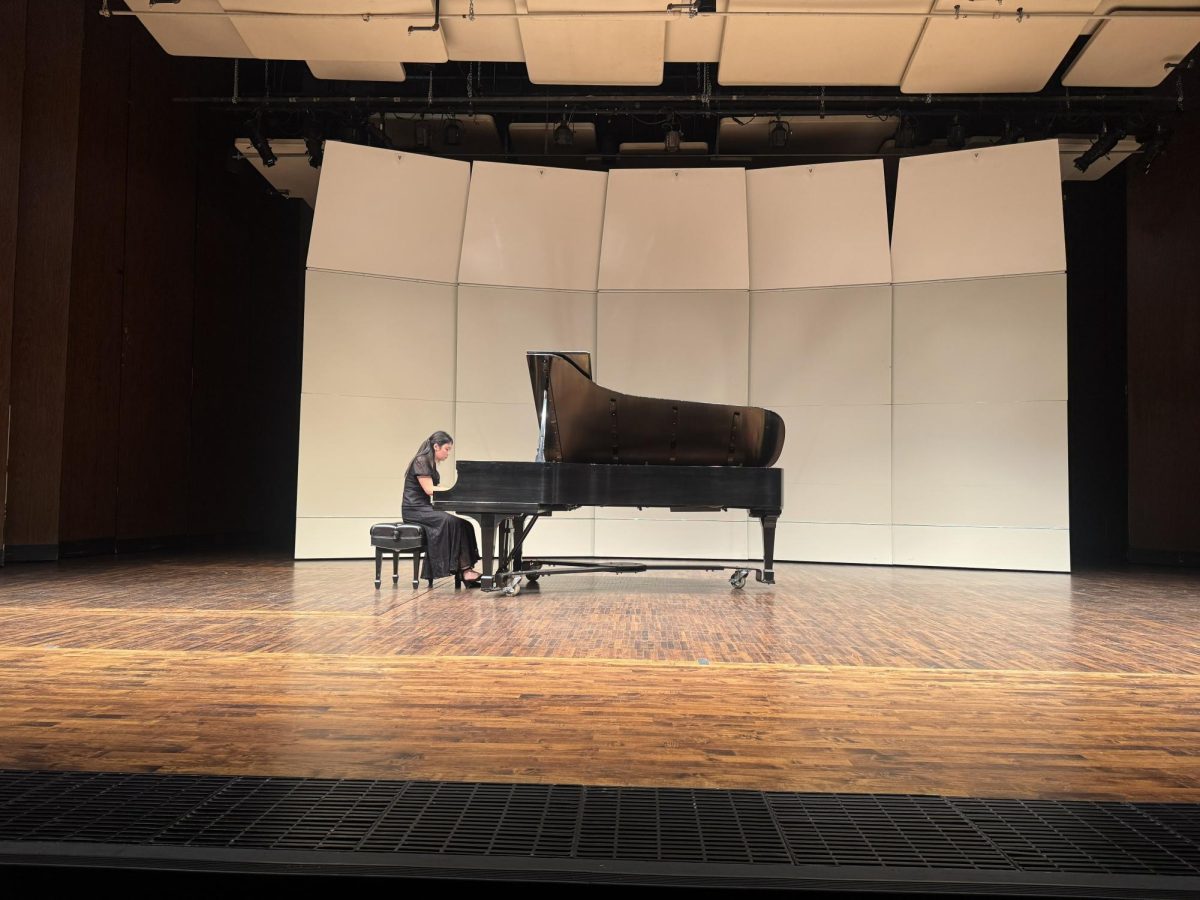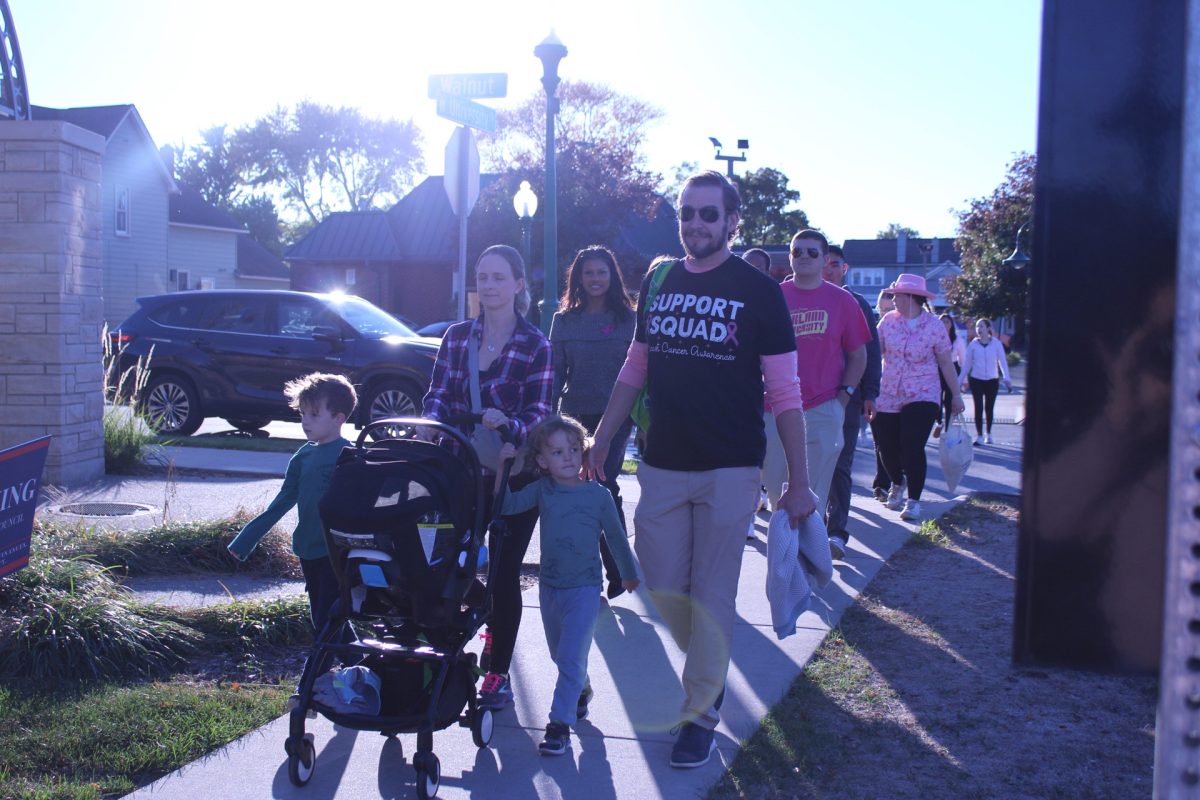This past year, Oakland University’s Dean of Students reviewed the Student Code of Conduct and updated the university’s Medical Amnesty Policy.
In the state of Michigan, a law was introduced for minors who are seeking help and may need medical care for alcohol intoxication in 2012.
The policy was first presented in a university setting and then continued to grow across the country at different universities and colleges to help students who need healthcare.
In 2016, OU incorporated the law through the Dean of Students to help students who are minors who may need help with alcohol intoxication.
Assistant Vice-President for the Dean of Students, Mike Wadsworth, goes into detail about the Medical Amnesty Policy.
Wadsworth said the policy would assist those under the age of 21 in receiving medical treatment.
“If you are a minor under the age of 21 and you seek help, medical assistance, that kind of thing for consumption of alcohol, drugs, that kind of thing, [law enforcement] will forgo the penalty side and get you the medical help you need,” Wadsworth said.
Wadsworth said he had seen multiple situations where people were scared to come forward and had unfortunate conclusions to those situations.
“[The policy is in place] to encourage folks to come forward and seek assistance,” Wadsworth said.
“It was first created in our policy, I believe, in 2016 or 17. That’s when we created the current, what we have as our first student code of conduct,” Wadsworth said.
The change came when the Oakland University Student Congress (OUSC) expressed interest in updating the policy to help students feel safe to get help.
“Student Congress began working on this project over the summer and organized a committee to review the code of conduct,” Murryum Farooqi, the OUSC Student Body President, said. “Our hope was to find a way to remove barriers for students seeking help on campus.”
In the fall, Farooqi expressed her main concerns with the university’s medical amnesty policy.
“Under the policy, students who seek emergency assistance from campus resources while violating the university’s alcohol and drug policy are at risk of receiving conduct sanctions from the university,” Farooqi said.
OUSC took quick action, advocating for changes to be made to Oakland University’s medical amnesty policy.
“[OUSC] heard from some students that there were some things in the policy that still weren’t making students feel safe or comfortable to come forward,” Wadsworth said.
Although the change had only been two words, Wadsworth wanted to give a clear explanation of the change and what it meant.
Instead of, “Oakland University maintains the discretion to refer the individual for appropriate conduct and educational intervention(s),” the policy now reads, “Oakland University maintains the discretion to refer the individual for appropriate educational intervention(s).”
“Just to make it a little more clear that if somebody qualifies under the Medical Amnesty Provision, we are not going to seek any conduct conclusion,” Wadsworth said.
If you are a minor who wants to seek medical help with alcohol intoxication and/or drug-related issues, the Dean of Students is here to help. The email to reach out to is [email protected]. The number to schedule an appointment is (248) 370-3352.







Disappointed • Jan 17, 2024 at 5:22 PM
Not the dean of students casually underscoring the fact that they were punishing students who reported sexual assaults before this policy change . Yes Wadsworth all you did was change two words for “clarity” give me a break